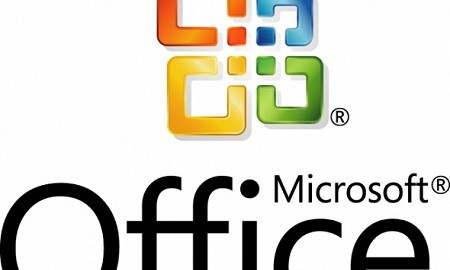There has always been a sort of unspoken struggle for Microsoft when it comes to breaking into the enterprise world. Though companies still rely on systems built off of Microsoft, the power of Apple always manages to break out on… Read More


There has always been a sort of unspoken struggle for Microsoft when it comes to breaking into the enterprise world. Though companies still rely on systems built off of Microsoft, the power of Apple always manages to break out on… Read More
Two big announcements today from the two big tech giants. MS came out with their new search engine – Bing Google with their new communication and collaboration platform – Wave Both are exciting products but I think you’ll see a… Read More